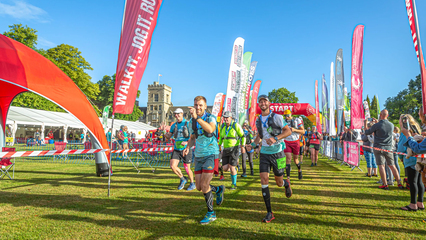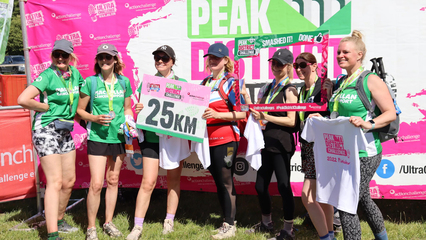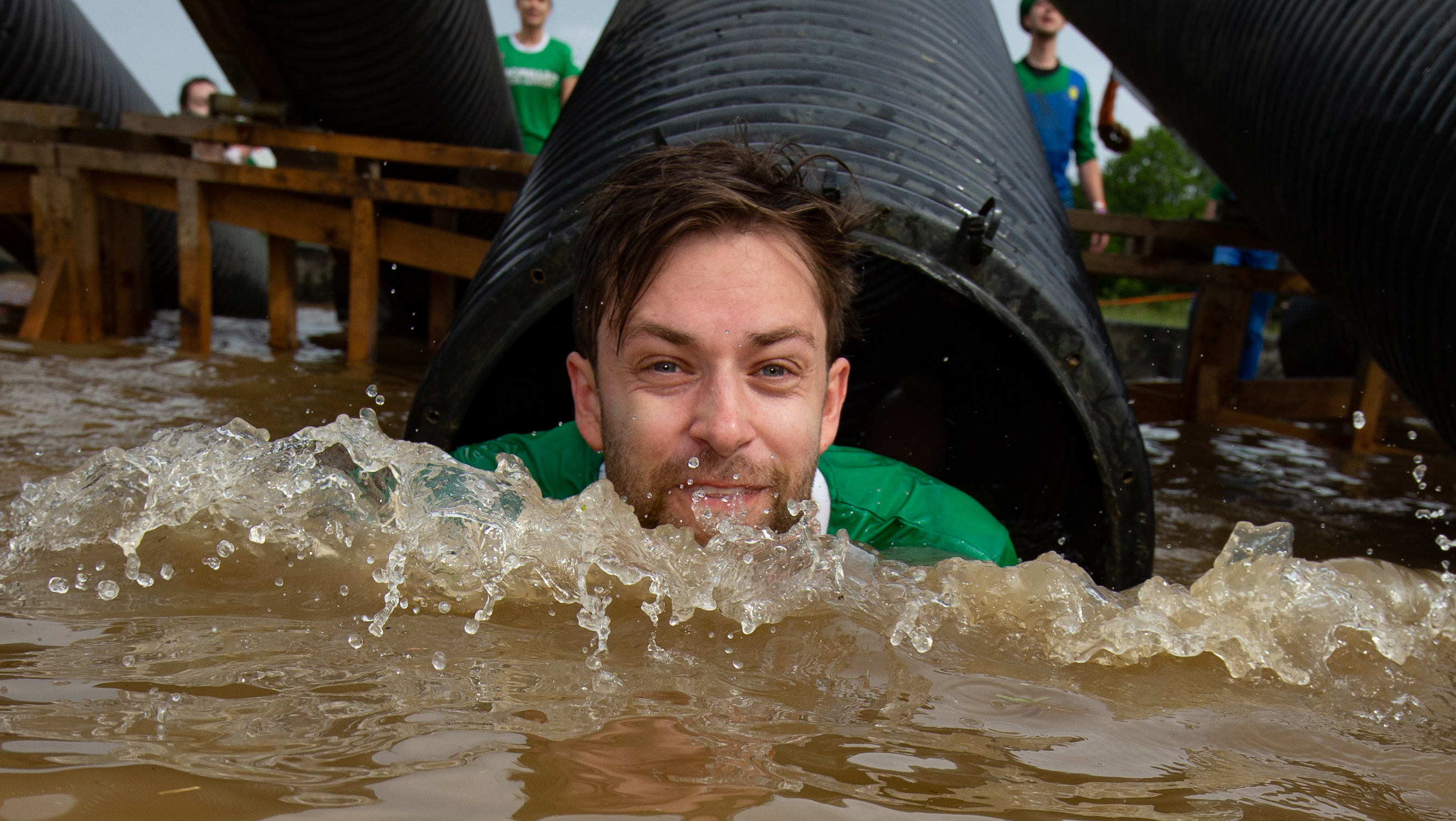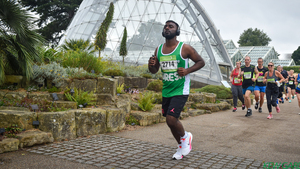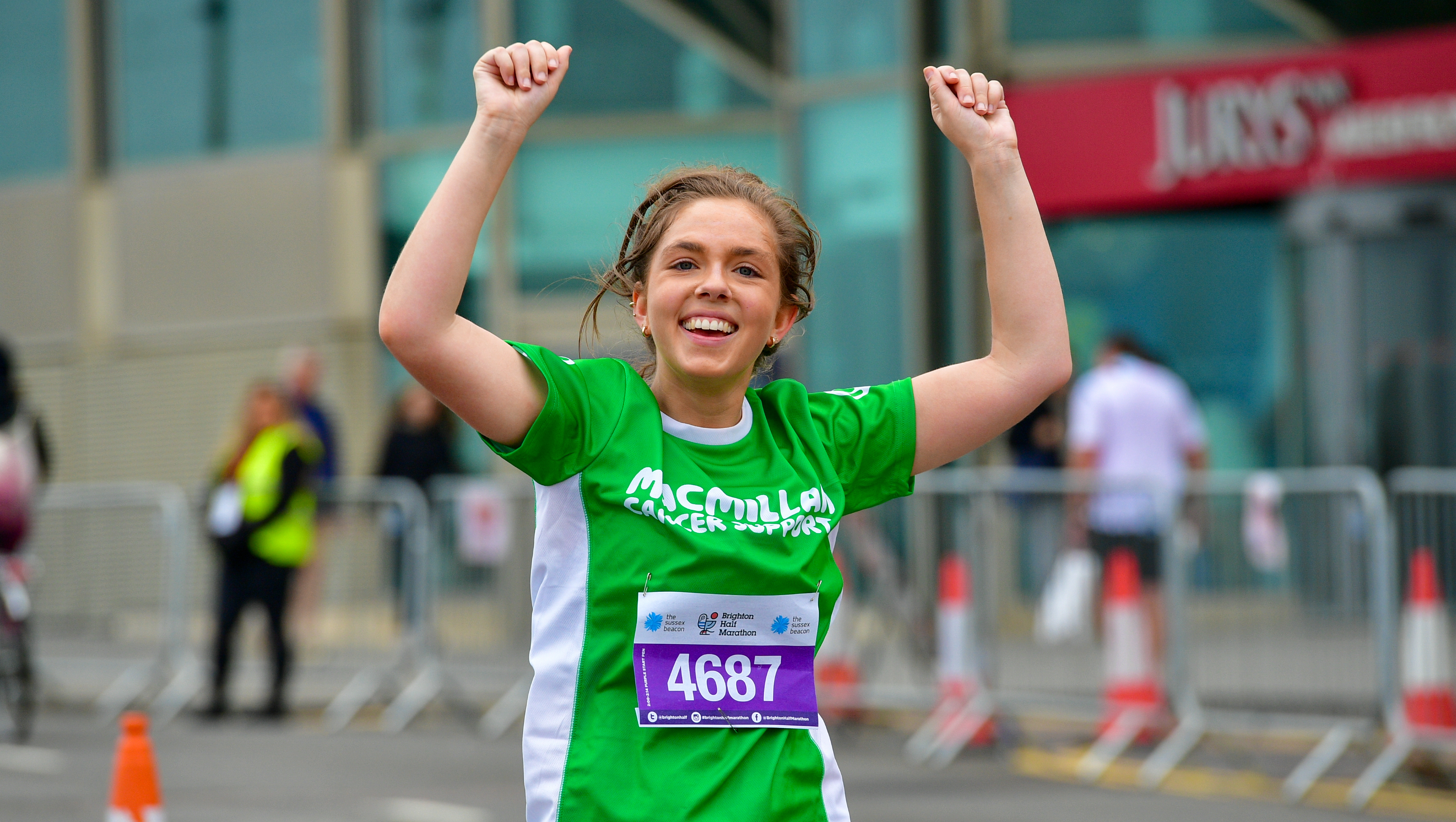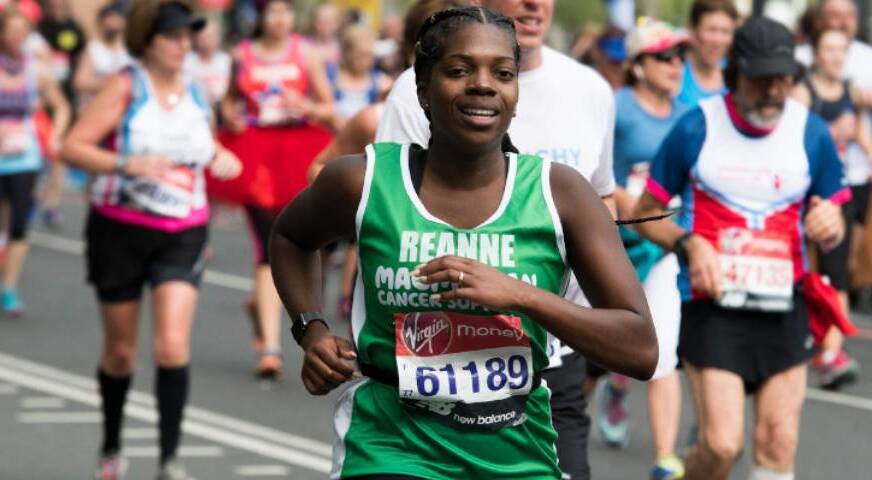
Ultra Marathon charity runs and hikes
An ultra marathon charity event is a huge challenge for any runner or hiker that will see participants push themselves to their limits for a good cause. This collection of events covers distances between 25km annd 100km so you just need to decide which event you want to tackle.
Ultra marathon events
-
Bath 50 Ultra Challenge28 March 2026Bath and North East Somerset BA1 9BU
-
Windsor 50 Ultra Challenge18 April 2026Windsor and Maidenhead SL4 5JJ
-
Isle of Wight Ultra Challenge02 May - 03 May 2026Isle of Wight PO30 2JB
-
Jurassic Coast Ultra Challenge16 - 17 May 2026Poole BH15 1JJ
-
London 2 Brighton Ultra Challenge23 - 24 May 2026London TW9 2SF
-
Lake District Ultra Challenge06 - 07 June 2026Cumbria PO30 2JB
-
Cotswold Way Ultra Challenge13 - 14 June 2026Bath and North East Somerset BA1 2NQ
-
Peak District Ultra Challenge04 - 05 July 2026Derbyshire DE45 1AQ
-
Gower Peninsula Ultra Challenge18 - 19 July 2026Wales SA3 1LN
Ultra Marathon FAQs
-
How far is an ultra marathon?
An ultra marathon (or ultra run) is an event that covers any distance longer than a standard marathon – any run longer than 26.2 miles, or 42.195 kilometres (km). Popular distances for ultra marathons include 50km and 100km, or 50miles and 100 miles. Some of the events will be non-stop runs and others will be spread over a number of days with breaks. Ultra challenges are great events that come in a variety of forms including road races, treks and trail runs.
-
How long do I need to train for an ultra marathon?
Unlike fun run distances such as 5k or 10k, you aren’t just going to be able to turn up on the day and expect to be able to compete. Ultra runs require high fitness levels just to reach the finish line so you’re going to have to put in some serious training.
Understandably, people don’t tend to go from a nothing straight to the ultra distances, but if you do then you run a high risk of injury. As part of your training and to build up to these distances you will probably want to first attempt events at shorter distances such as 10k races, half marathons and the standard marathon distance first.
Check out our training plans to help you prepare for race day. -
How do I get a Macmillan charity place for an ultra marathon?
Getting a charity place at running events is a fantastic way to fundraise for people living with cancer. To run for charity, you can register for your chosen ultra marathon on our website. It is a great way to guarantee your place as well as raising money for a good cause. Registration fees and fundraising pledges will vary between different events.
If you have your own place in the race already and would like to run for us, you can still sign up for the ultra marathon event. There's no minimum sponsorship, just fundraise as much as you can!
Either way, you will receive a fundraising pack with great tips to help you hit your fundraising target and training advice best suited your challenge as well as a Macmillan running t-shirt or vest to wear on race day. -
Am I allowed to walk during an ultra marathon?
Considering the distances involved walking is usually fine at most events, whether it’s a mixture of walking, jogging and running or just walking. However, some events may have time limits, especially if the event is on closed roads. If you think you are likely to walk then it’s always worth checking with the event organiser that they welcome walkers and what the cut off time for finishers will be.
-
Can I wear headphones during an ultra marathon?
While some races may allow you to wear earphones or bone conduction headphones many discourage or even ban participants from wearing them. This is mainly a safety issue. If you can't hear other runners around you or traffic then the risk of collisions and injury is much greater. Also, the atmosphere at running events and it is a shame to miss out on it.
-
How many calories do you burn during an ultra marathon?
On average you burn around 100 calories per mile while running but the exact figure will depend on a number of factors that include how fast you run, your body mass and the terrain that you are running on. More hills means more effort, which in turn leads to more calories being burnt.
-
What should I eat before my ultra marathon?
Carbohydrates are vital to fuelling your training and race effectively. High quality, slow-release complex carbohydrates include oatcakes, sweet potatoes and whole grains. Protein provides the essential nutrients you need to heal damaged muscle fibre and tissues. You can get these proteins from lean meats, fish, nuts, sprouting seeds and tofu.
We have lots of information on preparing your body for your event. -
What should I eat during an ultra marathon?
Because of the distances involved in ultra challenges you are going to need to take on food as well as drinks during the event. Most organised events will have feed stations where you can take on vital energy but between those stations you are going to need to take on fuel regularly. Unlike in shorter races where your effort is very high and taking on and digesting food is very hard for the body to do so effectively, ultra events for most are a little different.
Your exertion levels won’t be consistently so high so eating and digesting becomes a bit easier. As well as sports drinks and gels to get sugars back into your body you will need to top up your store of carbohydrates.
Easy options include: salted peanuts, salted pretzels rice cakes and baby food pouches. What you will want to eat will largely depend on the pace that you are running and the length of the challenge. -
How should I pace my ultra marathon?
A race pace is the average time it takes you to complete each kilometre, mile or section of the race. There are various training plans and ways to run ultra marathons and it might take some time to find out what works best for you. Some people prefer to run a steady and consistent pace where each split is tackled at the same speed. Others prefer to run slower at the start of the race and speed up as they continue through (negative splits). The reverse of this is called positive splits, which is when you go out fast and trying to hold on but accepting that the second half of your race will probably be a bit slower (positive splits).
-
What should I wear while running an ultra marathon?
With a lot of events, when you choose to run and fundraise for Macmillan you will receive a running t-shirt or vest but what else should you wear? The most important thing is to be comfortable and take into account the conditions you will be running in. If it's likely to be hot think about UV protection, running caps, performance sunglasses, and sunscreen. If it's going to be cooler then consider running tights and multiple layers rather than anything heavy.
Depending on the distance you are running you will want to consider a running backpack or running belt so you can carry gels, fluids and food with you. The key is making sure you have trained in what you are wearing, and that you are comfortable in it.
Check out our full range of Macmillan running kit.









